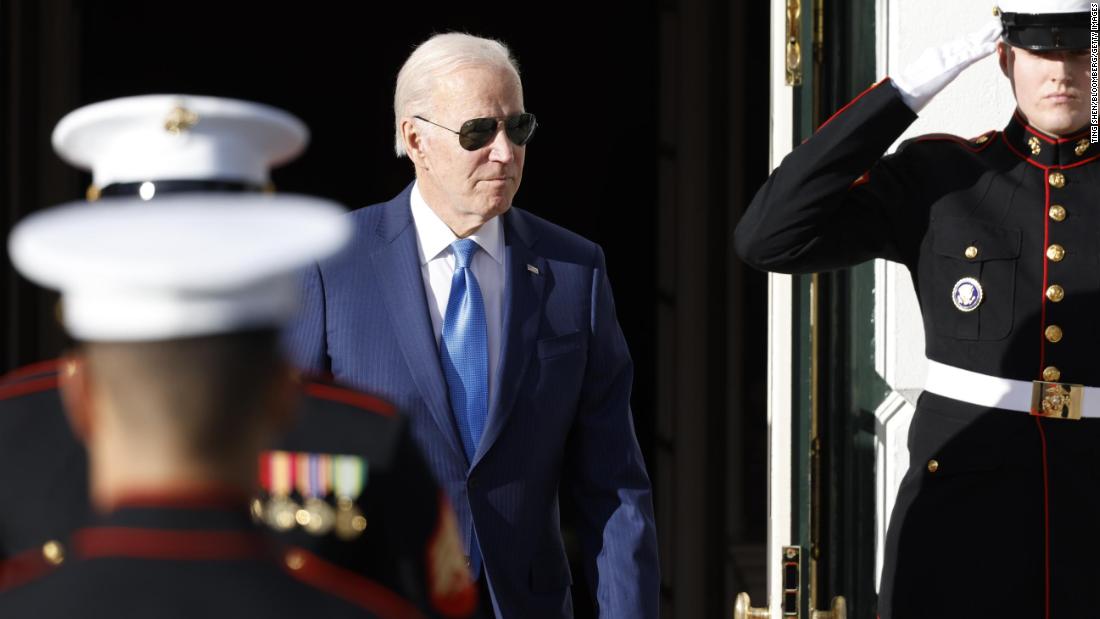Federal Hate Crime Investigations Dropped 8% Between 2005-2019: BJS
In 2019, hate crimes in the U.S. rose to their highest level in more than a decade, but the number of federal investigations has been dropping over the past 15 years, says the Bureau of Justice Statistics.

Despite a record rise in reported hate crimes, and an increase in convictions, the number of hate crime investigations fell 8 percent over the 15-year period between 2005 and 2019, according to the Bureau of Justice Statistics (BJS).
U.S. attorneys investigated 1,864 suspects in matters involving violations of federal hate crime laws during that period, said a BJS report released Thursday. But the number of âhate crime mattersâ pursued by federal authorities dropped from 647 in the five years between 2005-2009, to 597 in the period between 2015-2019.
The decline occurred against a background of rising hate crimes. In 2019, the last year for which data was available, hate crimes in the U.S. rose to their highest level in more than a decade, and more murders motivated by hate were recorded, according to FBI statistics reported by The New York Times.
âIt [2019] was the third straight year the metric surpassed 7,100 incidents and it was the highest number since the FBI reported 7,783 incidents in 2008,â said The Times article.
Experts told The Times that the FBI data likely undercounts the number of hate crimes in America, as many victims fail to report instances, and local agencies are not required to report hate crime data to the FBI.
The U.S. attorneysâ offices and the Civil Rights Division of the U.S. Department of Justice (DOJ) are jointly responsible for enforcement of criminal civil-rights statutes, according to the BJS report.
In 2019, only 2,172 agencies reported hate crime data to the FBI, out of more than 18,000 law enforcement agencies in the U.S.
According to the Southern Poverty Law Center, which tracks hate groups, said, âItâs important to note that, because of the nature of hate crime reporting, the FBIâs annual report vastly understates the real level of hate crimes in the country.â
Also, not only has the rate of investigation decreased, U.S. attorneys declined to prosecute 82 percent of suspects, while prosecuting only 17 percent, according to the BJS.
During the 15-year time frame, U.S. attorneys declined to prosecute 1,548 hate crime suspects.
The most common reason that hate crime matters were declined for prosecution was insufficient evidence, said the BJS.
In 2019, an analysis from Syracuse Universityâs Transactional Record Access Clearing House (TRAC), shows that hate crime cases were referred to the federal government for prosecution almost 2,000 times over the past decade, but only 15 percent of those referrals actually led to prosecutions, according to the Courthouse News Service.
Kami Chavis, director of the Criminal Justice Program at Wake Forest University noted that states may have taken up some of the difference through passage of their own hate crime laws.
Still, while this could be a factor in the decrease of referrals and drop in investigations and prosecutions, this doesnât mean that states are aggressively using their power, says the Courthouse News Service.
Despite the drop in investigations, the conviction rate for hate crimes increased from 83 percent during 2005-09 to 94 percent during 2015-19, according to BJS.
When these hate crime violations were prosecuted, more than nine in 10 defendants were convicted among the 310 defendants adjudicated in federal court. Also, 85 percent of defendants convicted in this time frame received a prison sentence while about 14 percent received probation.
The states with the largest number of federal hate crime investigations recorded over the period were: Michigan, Ohio, Mississippi, Texas and California
The report concludes that along with the increase in conviction rate, the average prison sentence in all hate crimes doubled between 2005-09 and 2015-19 from 62 to 125 months.
The complete BJS report can be downloaded here.
Gabriela Felitto is a TCR Justice Reporting intern.

 Landwebs
Landwebs 






















